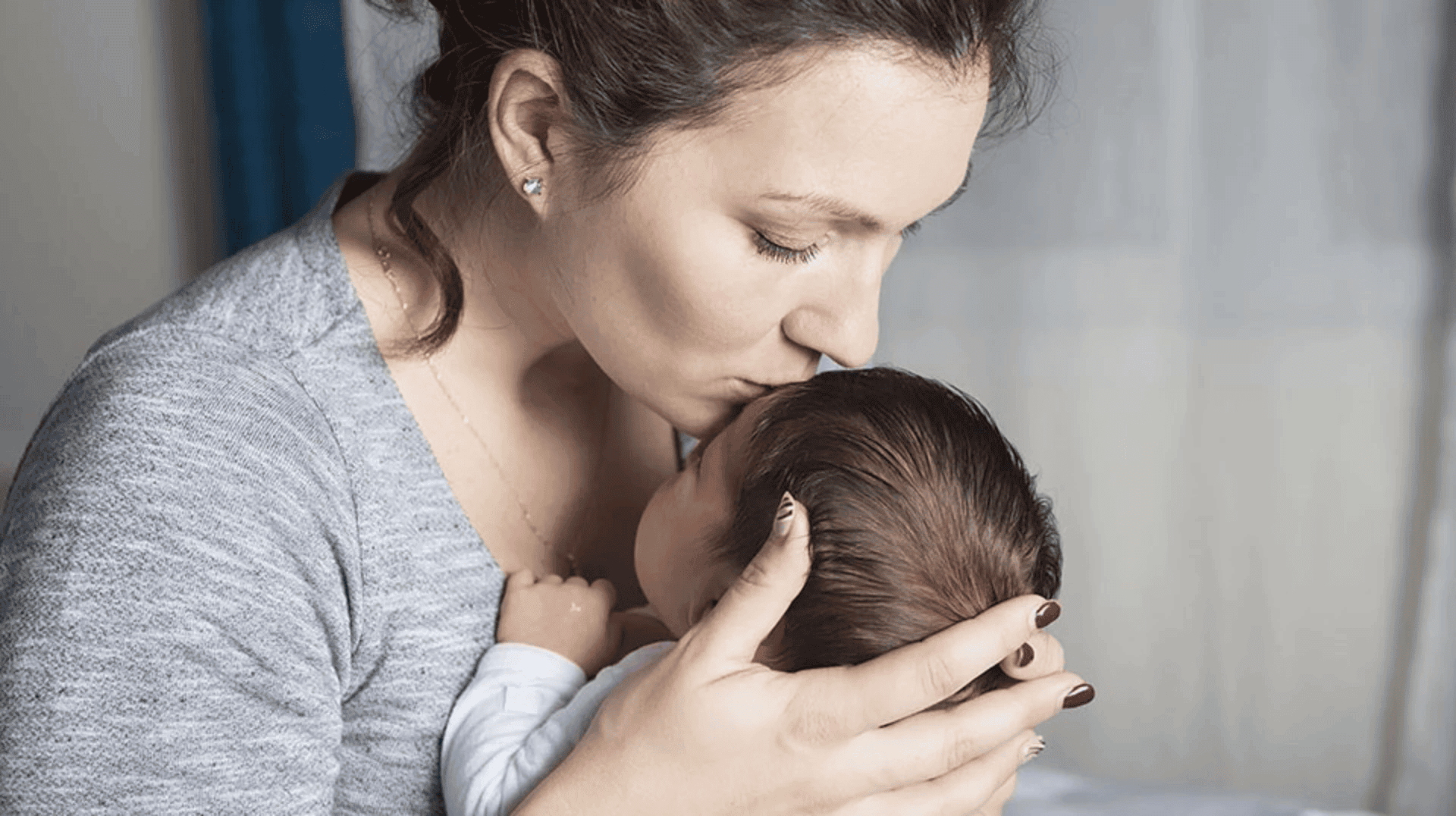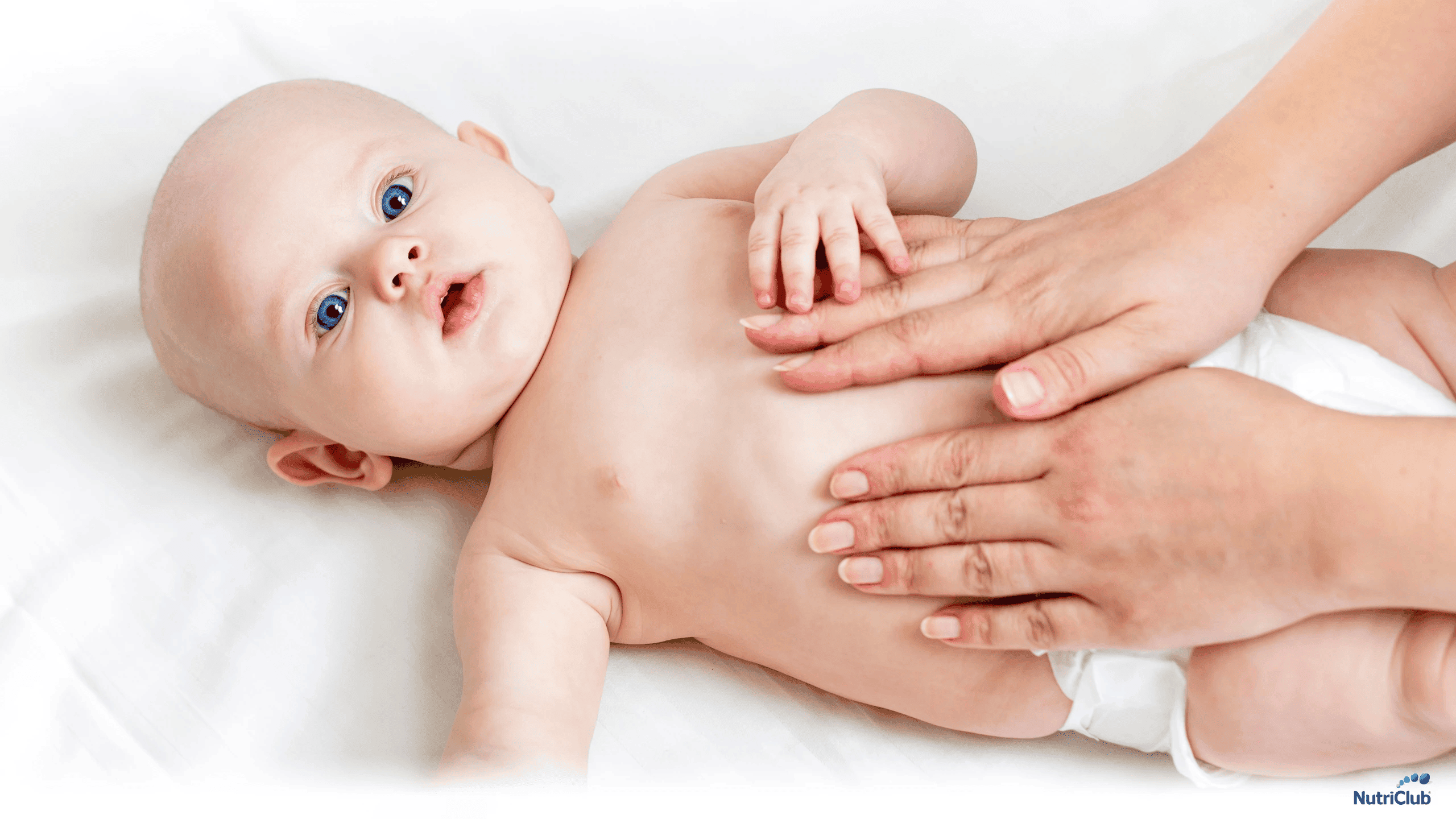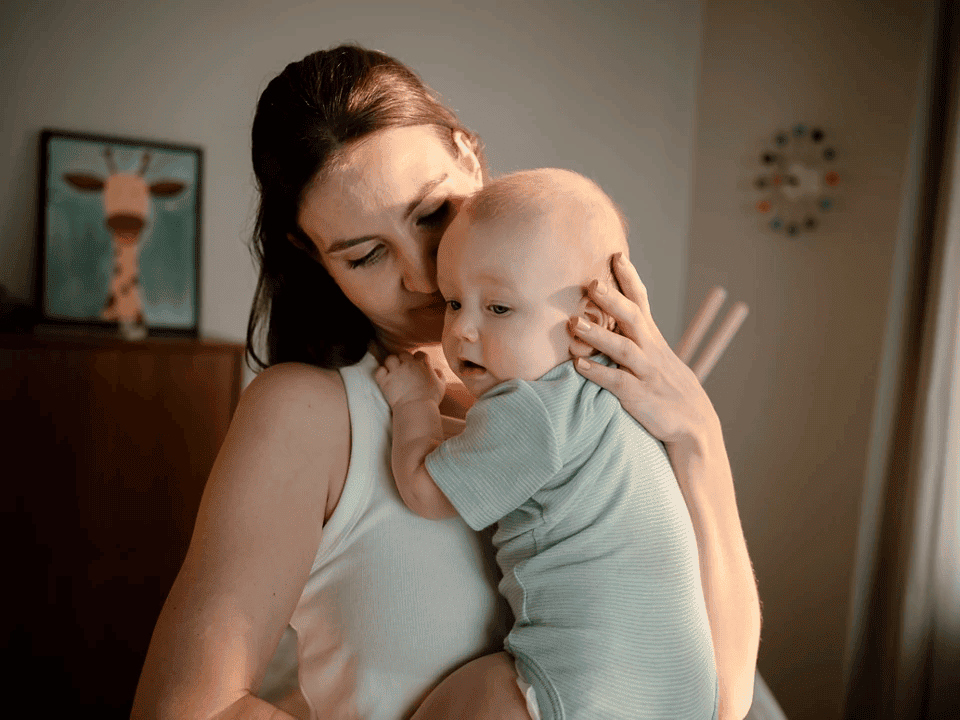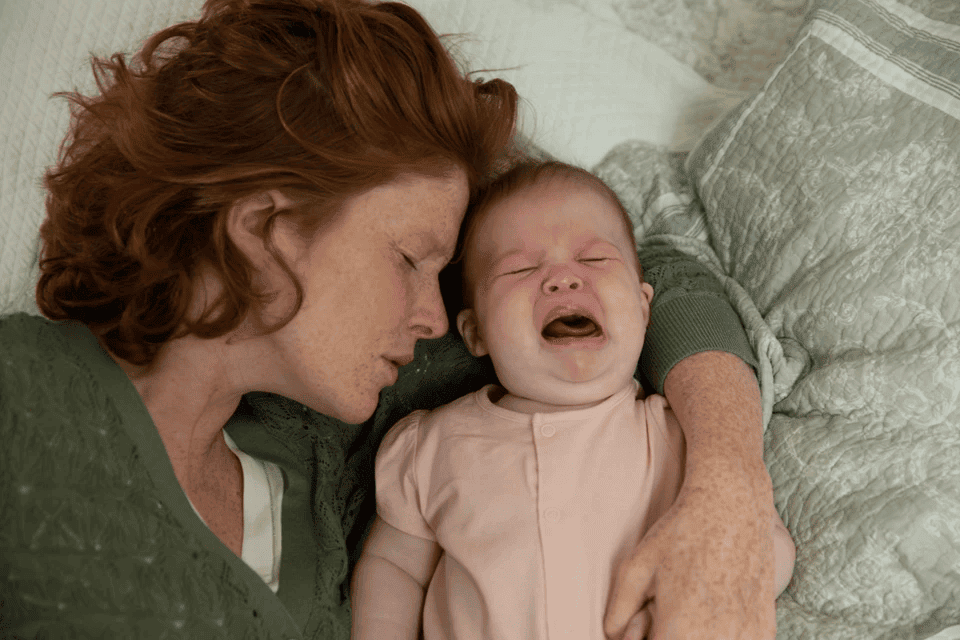A baby cries because they're hungry, tired, have a dirty nappy, have wind or just because they want to be cuddled. As a new parent one of your first jobs will be learning what your baby's individual cries mean, but don't worry, it will soon become instinctive.
Why do babies cry?

Baby crying: What is your baby trying to tell you?
Babies cry because they can’t talk! It’s their only way of asking you to meet their needs. This is what your baby might be trying to say – and what you can do to help:
- ‘I’m hungry’
Although it sounds like every other cry at first, you’ll soon learn to identify the particular sound of hunger. A feed will quickly sort this issue out. - 'I’m windy’
If your baby cries after feeding, it’s likely to be wind or even colic. Winding your baby properly after every feed may help. If it doesn’t and your baby still seems distressed, talk to your health visitor. - ‘I’m overtired’
If your baby’s crying increases at the end of the day, they could just be tired after all the exciting new experiences they’ve had. If this is the case, make sure they are getting enough opportunity to sleep during the day. Evening crying is also another potential sign of colic. - ‘I’m uncomfortable’
Is your baby too hot or too cold? (Check the temperature of their chest. Your baby’s hands and feet will often feel cold to the touch, even when they are quite warm). Or does their nappy just need changing? - ‘I’m unwell’
If a baby is ill, their cries will often sound different to normal. Sometimes a baby will cry less when they are poorly. If your baby is less than a year old, you may find our Baby Symptom Checker useful for advice and support. - ‘I want a cuddle’
Sometimes your baby just wants to be close to you and be held. Take time to enjoy these precious moments together.
Next steps
- Find out more about crying.
- Talk to your health visitor if you're worried about your baby's crying. It could be caused by colic or some other discomfort.
- If your baby is less than 12 months old, you could use our Baby Symptom Checker to capture any possible symptoms for a discussion with your healthcare professional.
- Ask for help from friends and family. If you are stressed, your baby will pick up on it and often cry more. Make sure you take some time for yourself to relax and rebalance.
related articles
Learn more about your baby

Get in touch with our Careline experts
Our nutritionists and feeding advisors are always on hand to talk about feeding your baby. So if you have a question, just get in touch



